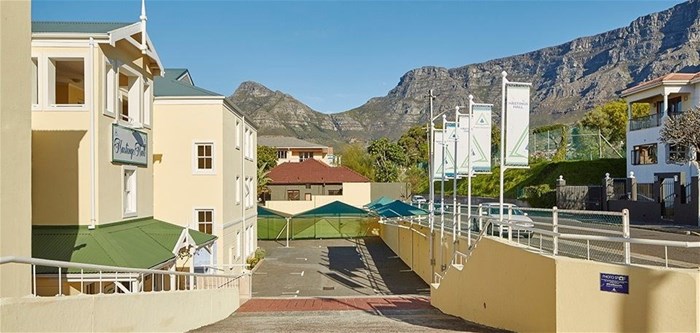Top stories






More news



















“Last year we realised that a more sustainable plan had to be made and started planning the installation of boreholes to supply the full water needs of each property to ensure that our guest service levels will not be compromised. However, promoting water conservation behaviour among our staff and guests will remain a priority,” says Johann Jordaan, First Group services and resorts director.
Mount Sierra’s borehole installation is completed, and Hastings Hall and Riviera Suites will be finished by the end of February. The water samples have been sent to a recognised laboratory for analysing and testing. Once the results are available, the necessary treatment plants will be installed, and the certificates issued, which will be made available to guests for peace-of-mind.
Jordaan emphasised that the staff have adopted a responsible ‘every drop counts’ approach to the daily operations and are vigilant in encouraging guests to do the same. In-room notices and communication throughout ensure top-of-mind awareness to save water.
“We want our guests to be part of the sustainable tourism experience of saving water and helping the Cape water crisis. We also hope that this will lead to them adopting some of these measures when they return home elsewhere in the country where water is more abundant,” adds Jordaan.
Some of the measures that guests will experience when staying at Mount Sierra, Hastings Hall and Riviera Suites are buckets in the shower to catch the water while it heats. This water is then used for the daily cleaning and toilets. The bath plugs have been removed and guests are requested to take quick showers. Laundry has been reduced by only changing sheets and towels after guests check out.
Where possible, linen tablecloths and serviettes in the restaurants have been replaced with paper alternatives. In the gardens, grass has been replaced with synthetic grass and most plants have also been removed. Water readings are checked daily to ensure that any leaks are quickly detected and immediately repaired.